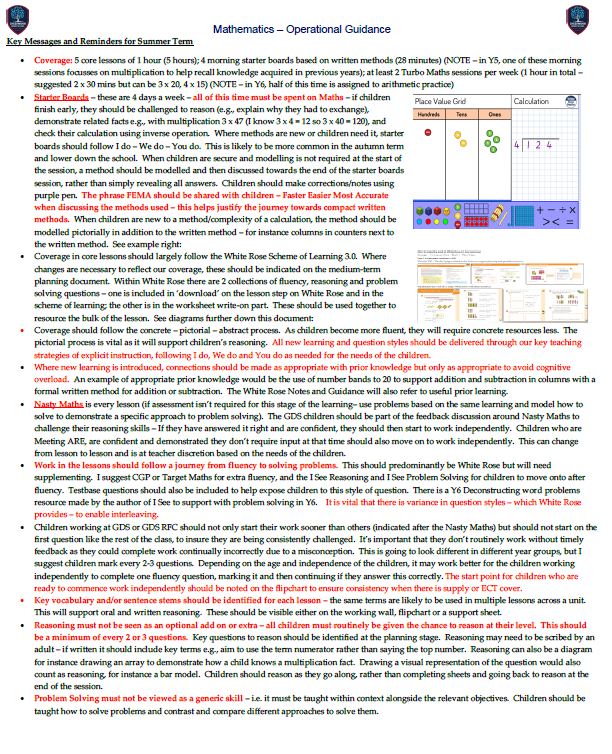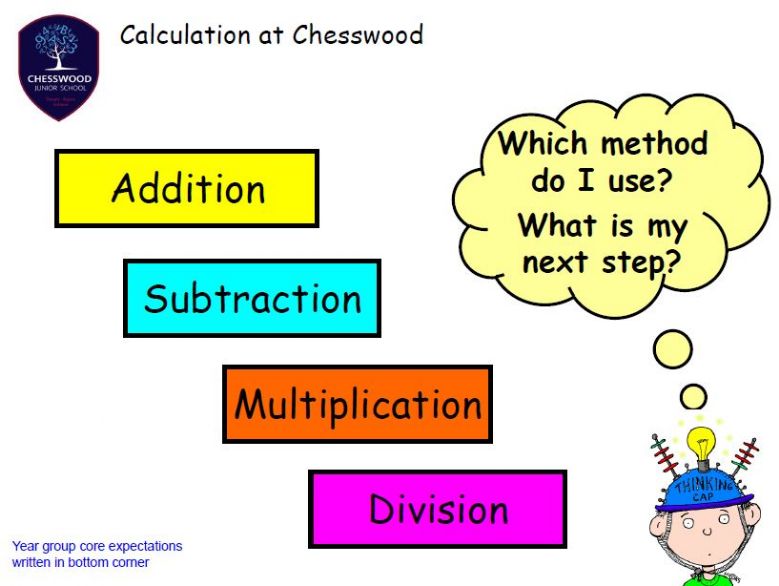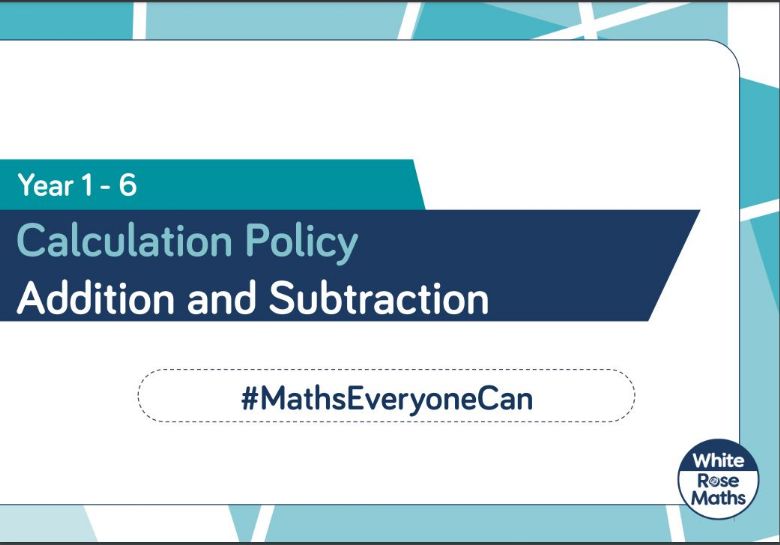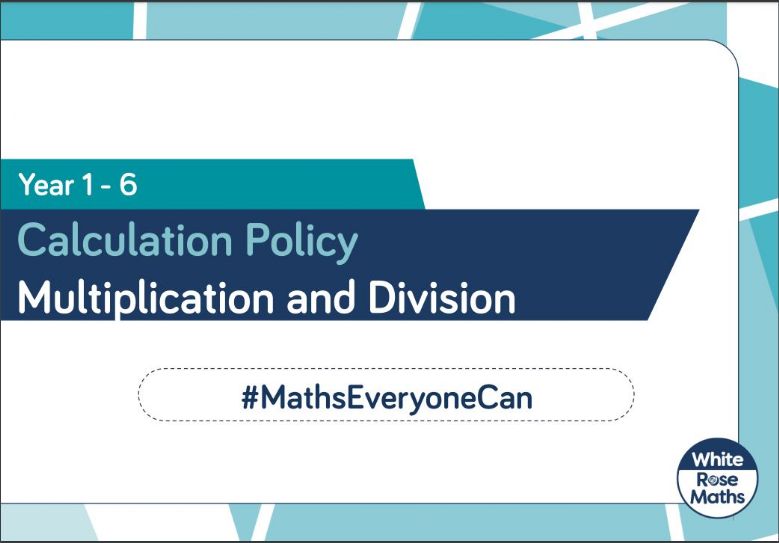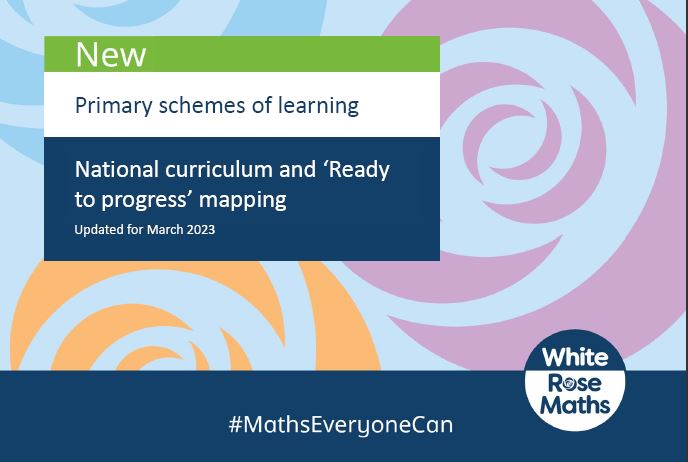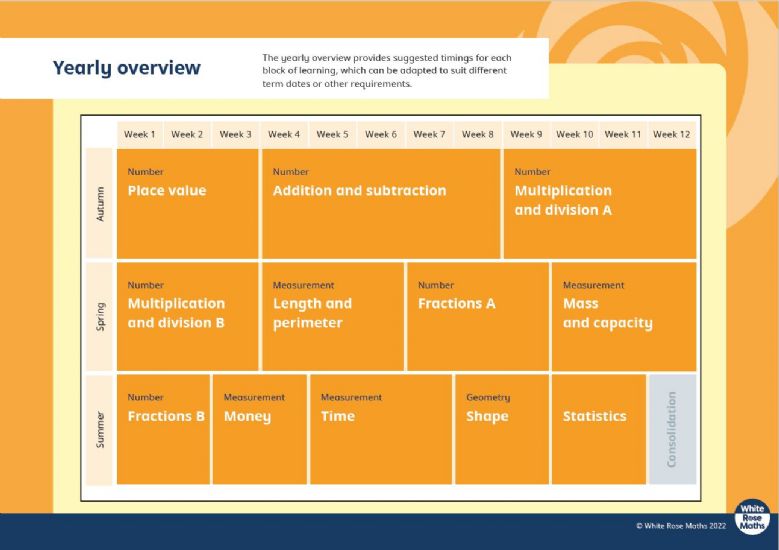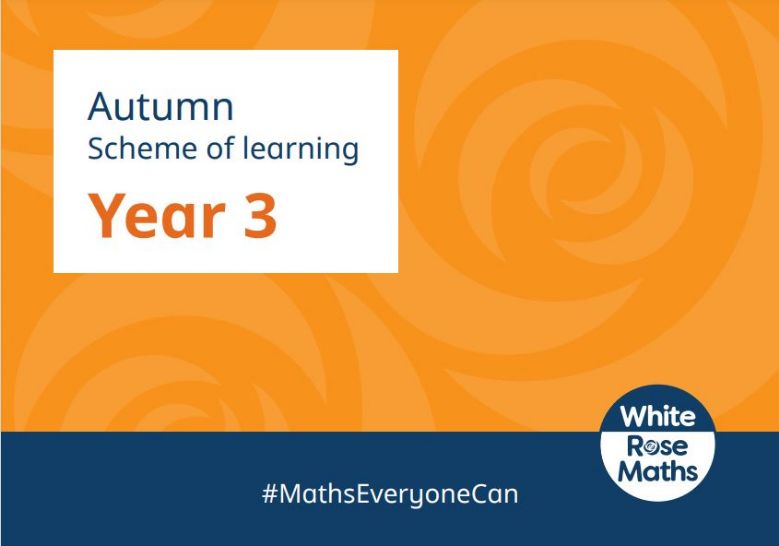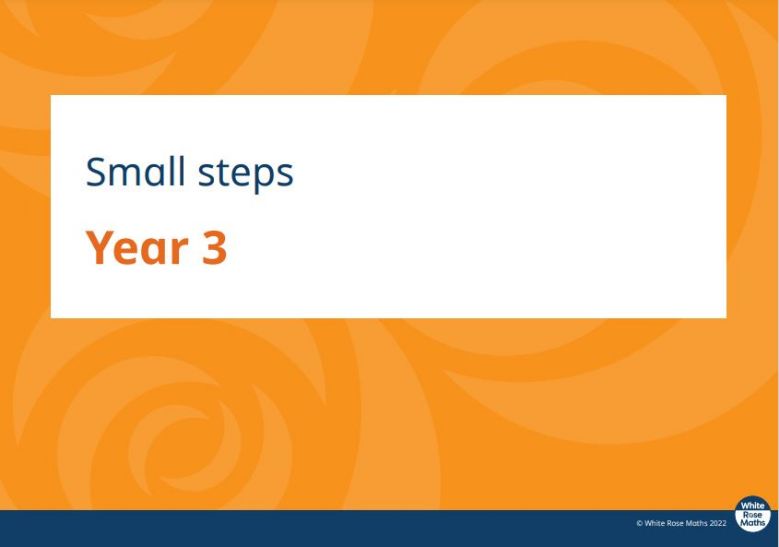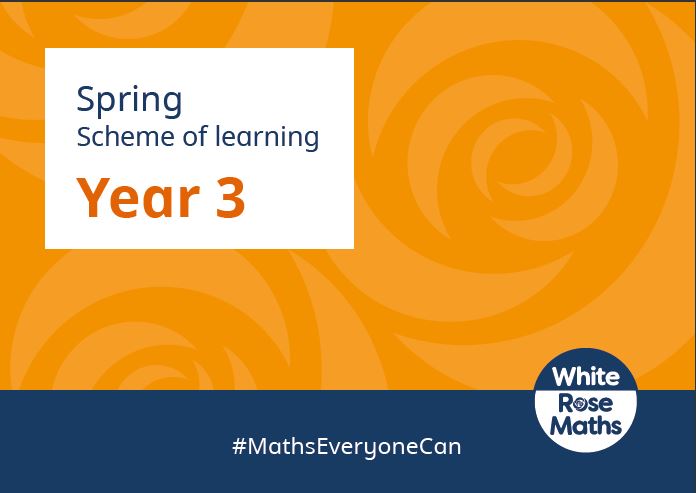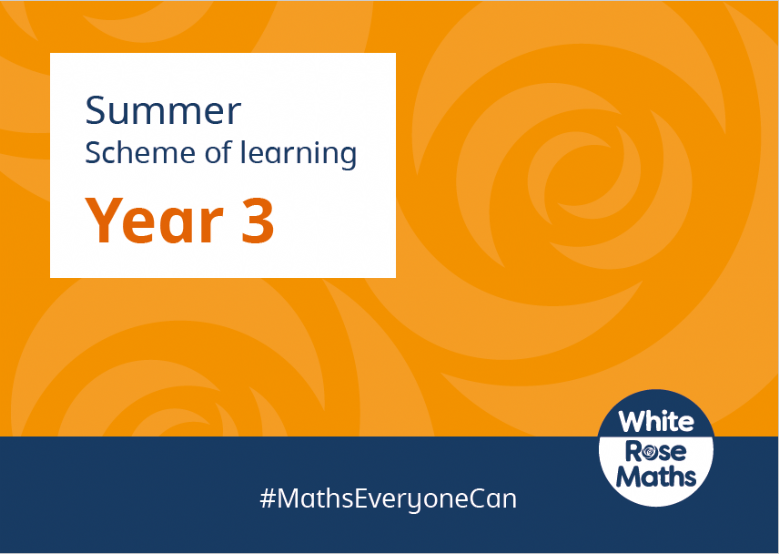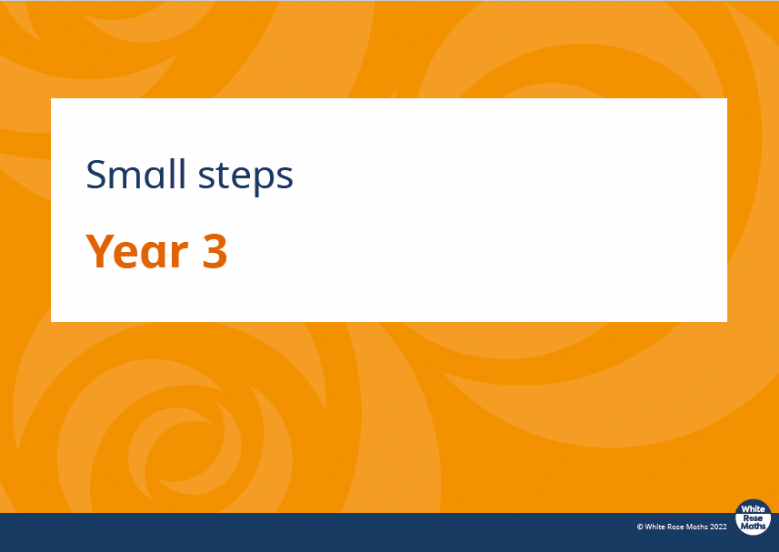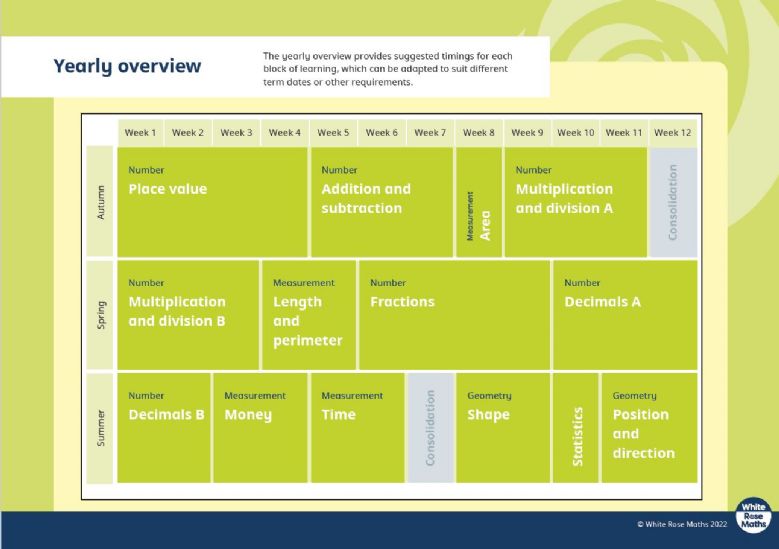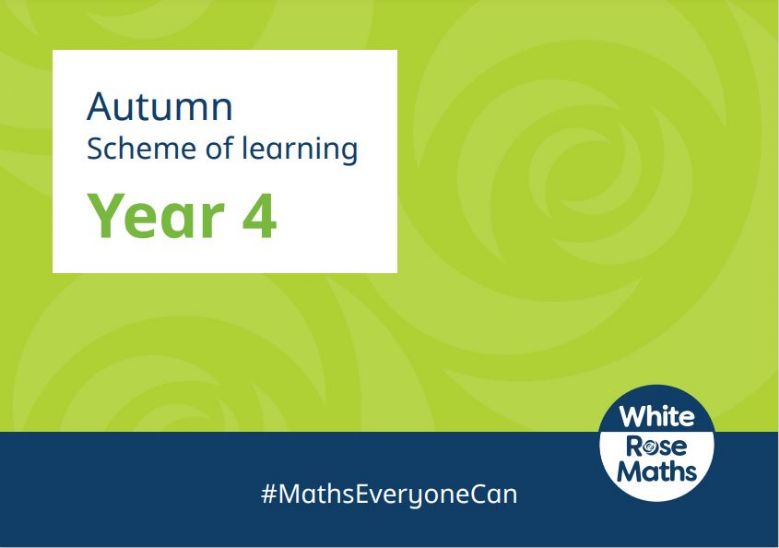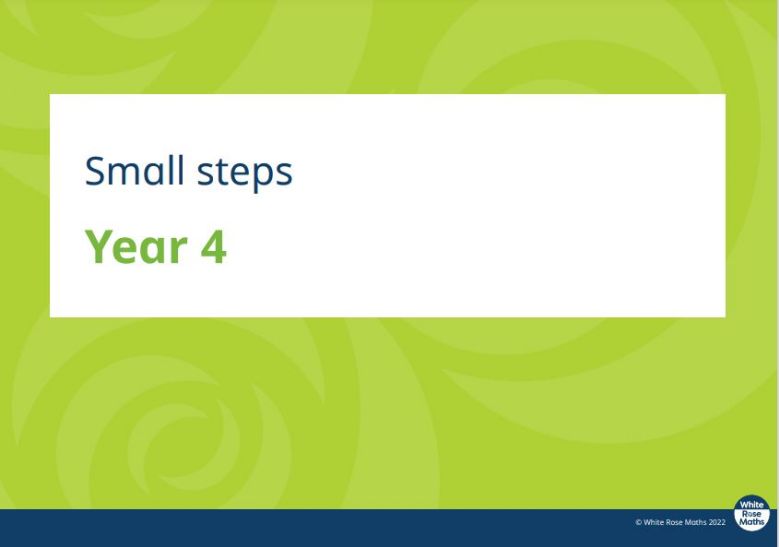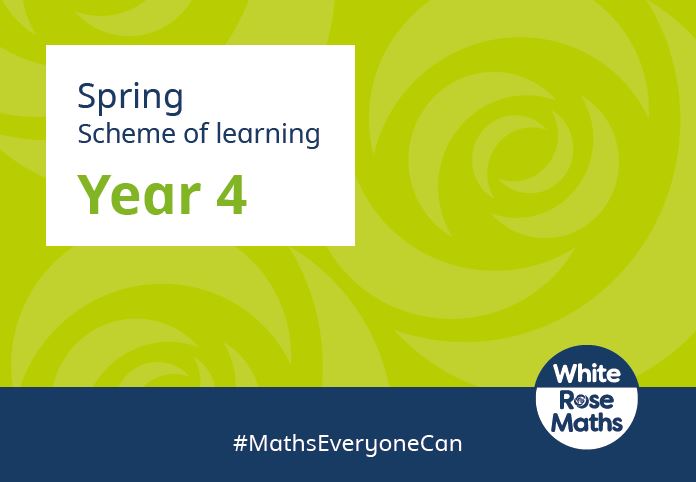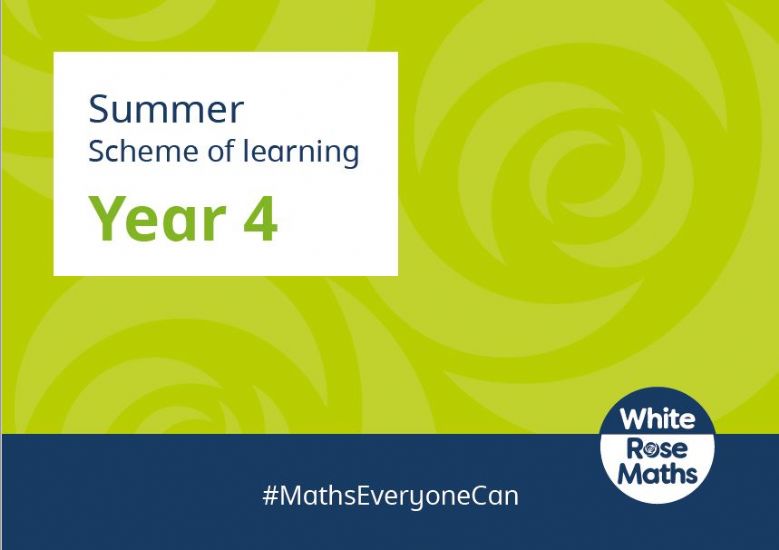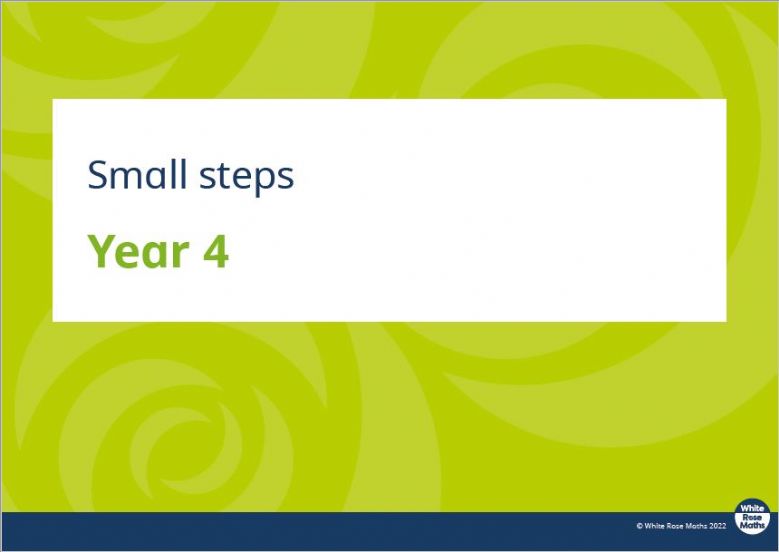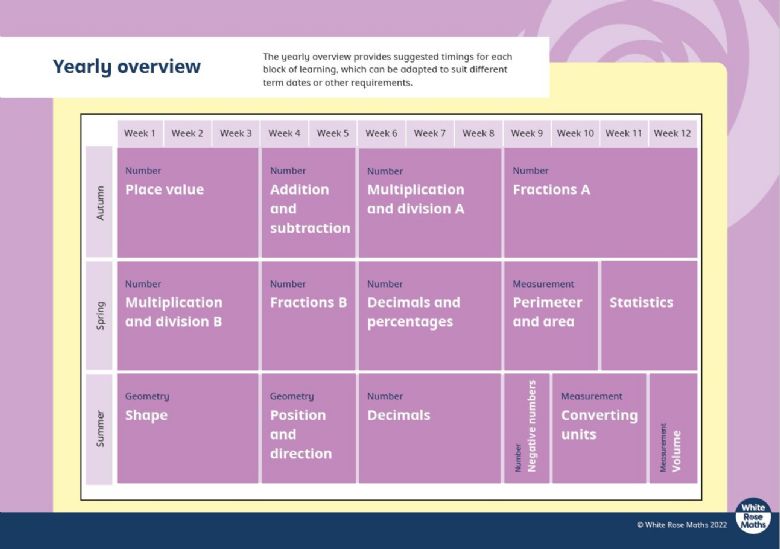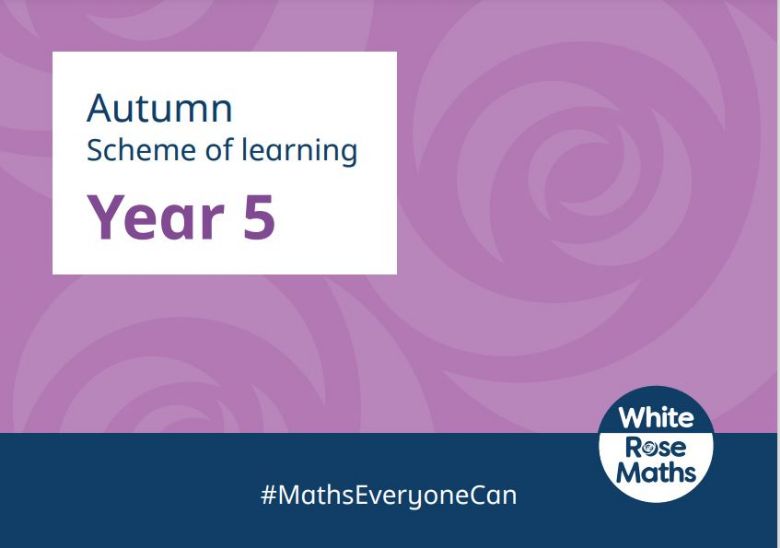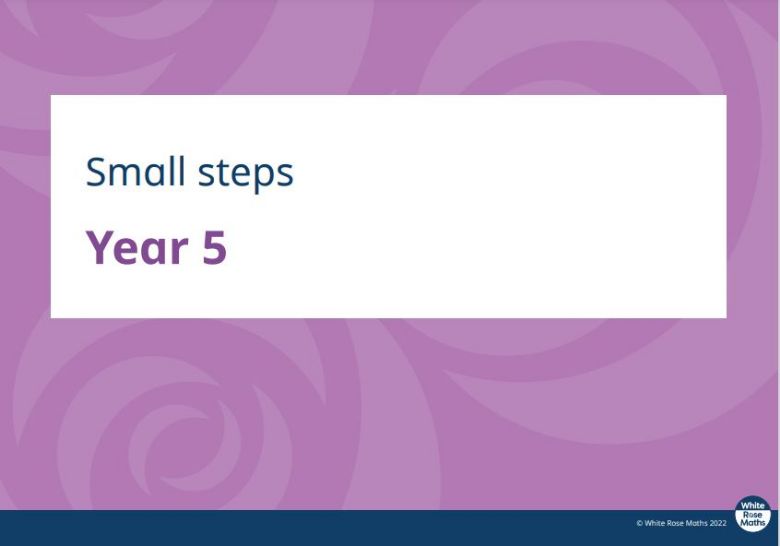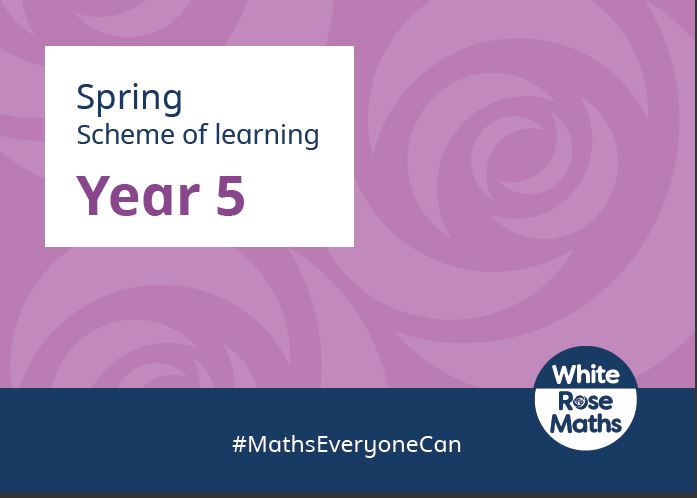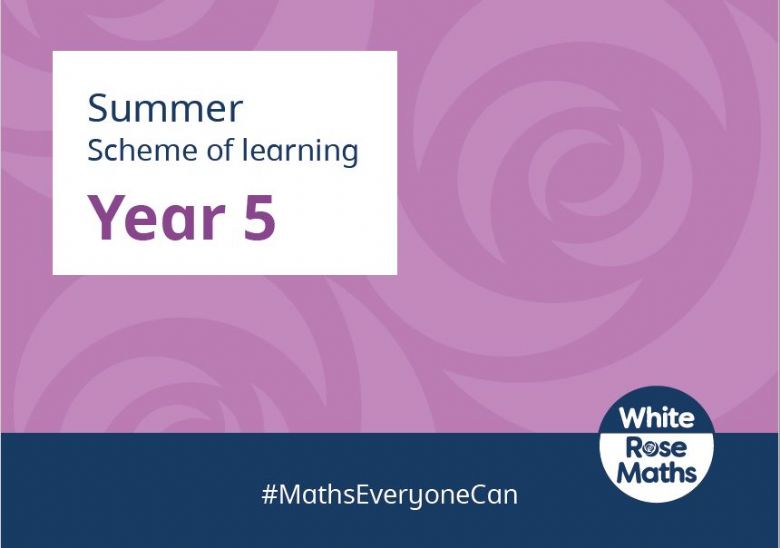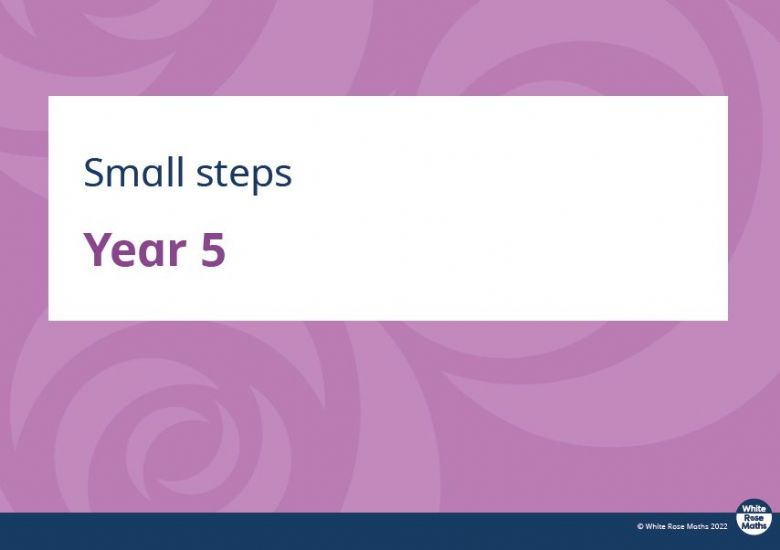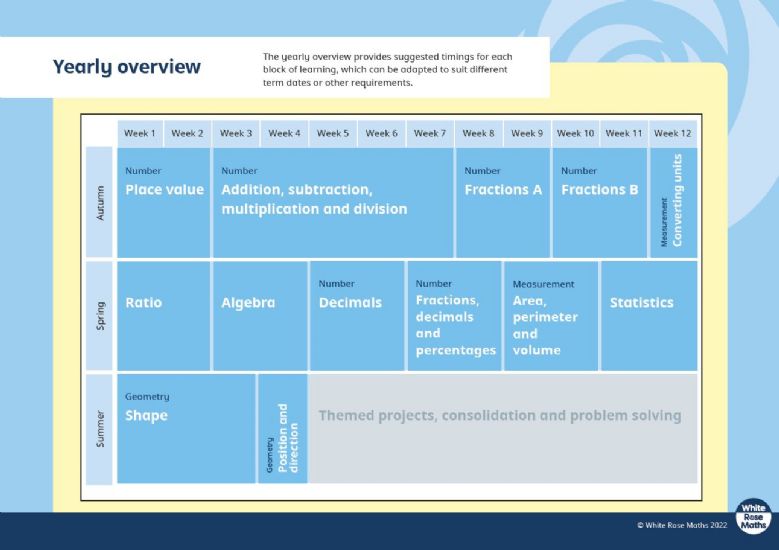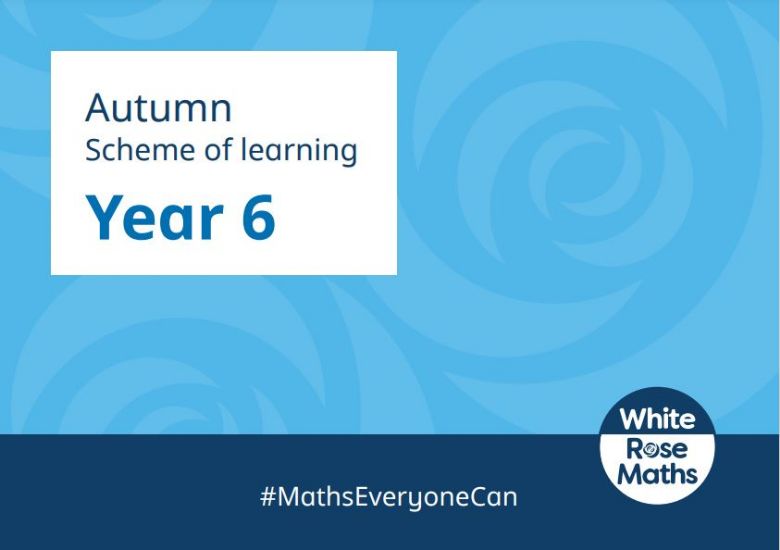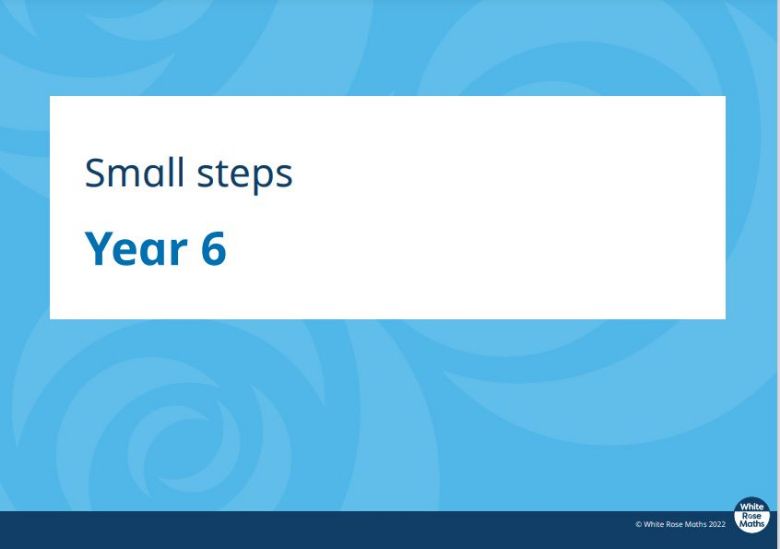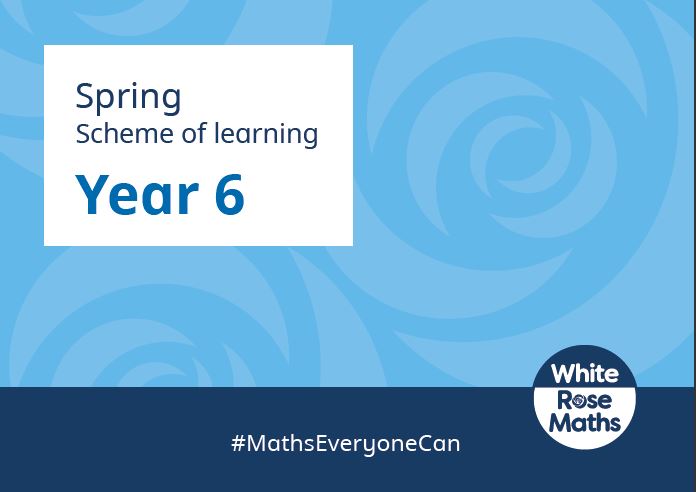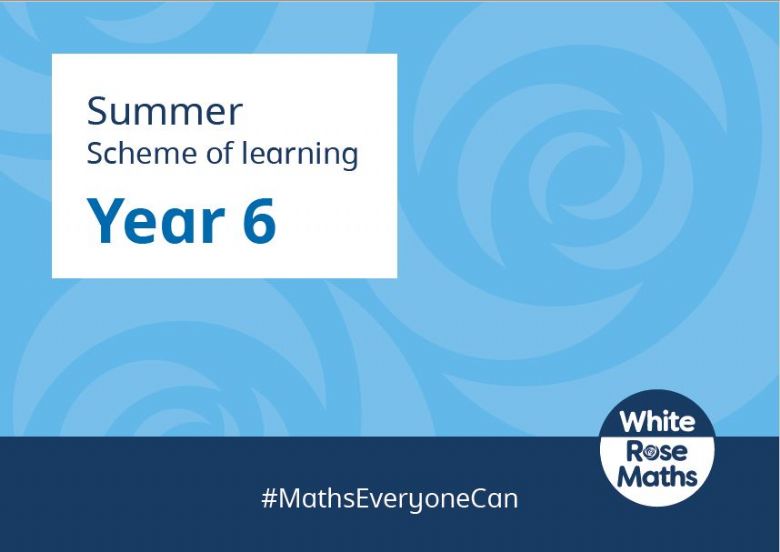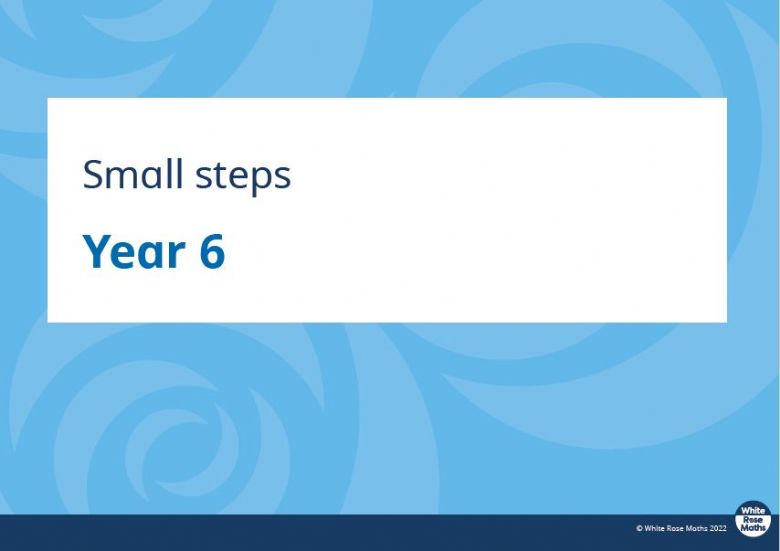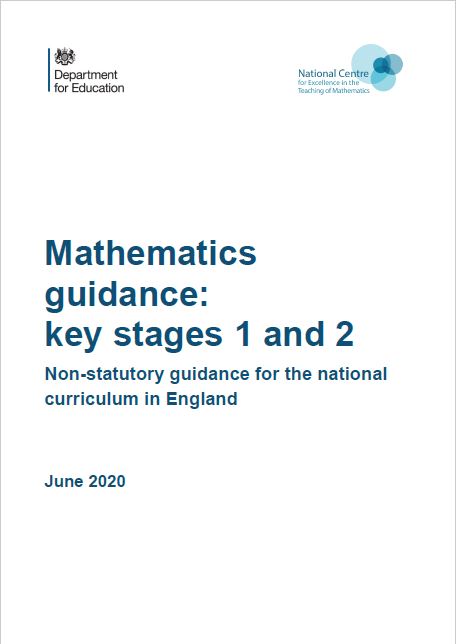Maths Curriculum Content and Sequence
Vision
We believe that Maths is for everyone. It is a crucial life skill that everyone deserves to feel comfortable with and confident enough to use in their daily life. We promote this through our whole school number celebration days in recognition of National Numeracy Day and consistently make cross-curricular links where appropriate and valuable, for instance using weighing and measuring skills within Design and Technology and understanding chronology within History. We welcome visitors to view our Maths Across the Curriculum Display to see Maths in action, beyond Maths lessons including posters illustrating how members of the Chesswood community use Maths in their jobs – helping to emphasise the life opportunities that Maths presents. We seek to celebrate progress and high achievement through competitions, certificates, badges and top 10s.
- We follow the national curriculum for primary mathematics.
- At the end of key stage 2, children should be at ARE for mathematics at least in line with national figures. Children should acquire GDS for mathematics at least in line with national figures. Where children aren’t at ARE, they will have been supported to make at least expected progress from their starting point at Chesswood.
- Chesswood mathematicians by the end of KS2 will:
Be confident with compact written methods for all 4 operations.
Have secure knowledge and fluent recall of times table knowledge and division facts.
Be confident to talk about their mathematical understanding – those who struggle to talk may use diagrams or jottings to reflect this. Children will be fluent in using knowledge of related facts.
Be familiar with key mathematical language and visual representations.
Have a range of problem-solving strategies to help solve problems.
Maths should be accessible for all with enrichment and celebration opportunities provided.
- Maths coverage at Chesswood follows White Rose Schemes of Learning. When new topics are introduced, children should follow a concrete, pictorial and subtract approach to support mastery. To ensure topics are regularly visited within lessons, Turbo Maths sessions are used to revisit the breadth of curriculum topics.
- Frequent assessment opportunities enable staff to identify priorities for coverage and adapt coverage as necessary – these include Nasty Maths assessments within lessons, end of unit assessments based on White Rose materials and termly PUMA assessments. A detailed question level analysis is carried out on the Autumn PUMA assessment.
maths principles
In line with the whole school curriculum policy, the following drivers and principles underpin everything we do in Maths.
Curriculum Drivers
Life Opportunities Creativity, Confidence, Competence
Curriculum Principles
Balanced
Coherent
Real & Relevant
Knowledge Rich
Cognitively Challenging
Inclusive
maths strategy
Life Opportunities
Life skills are key to Maths at Chesswood. The focus is on learning key transferrable skills at the appropriate age. Opportunities are taken to link all foundation subjects and general life opportunities including Maths being all around us, which we highlight in our whole school maths celebration days. Real life opportunities are provided through a range of tasks such as weighing and measuring in cooking sessions. We welcome visitors to view our 'Where is the Maths?' display which shows children using Maths across the curriculum and includes posters where members of the Chesswood community talk about how Maths helps them in their career. Links to the best of what has been thought and said are made through following the White Rose Schemes of Learning developed by NCETM.
Click the link below to see where maths can take you:
Creativity Confidence Competence
The maths curriculum seeks to build knowledge upon knowledge and skills upon skills, sequencing progression through the school. This seeks to embed fluency through immersion and mastery approaches. Children are expected to reason in every maths lesson and self/peer assess to monitor mastery before moving on. Where necessary, children build their confidence by focussing on fluency tasks for longer, but still reason at least verbally in these instances. We foster confidence through carefully selected computer-based homework. Using IXL enables year groups to identify specific skills that would either best compliment current learning or best prepare children for future learning. Within Year 6, homework adapts to a revision booklet programme rather than IXL. When children first join Chesswood in Year 3, they use Numbots to help with key foundational knowledge. Teachers use TT Rock Stars to help analyse multiplication strengths and weaknesses and where appropriate set challenge levels. Achievements are celebrated weekly in assemblies, and on the TT Rock Stars Hall of Fame wall.
Balanced
We follow the White Rose Schemes of Learning across the school in order to make sure we deliver a balanced curriculum. Due to the design of these schemes focussing on immersion in topic blocks, we ensure the breadth of curriculum is revisited on a regular basis through use of Turbo Maths sessions. These sessions are based on a mental maths approach, focussing on rich vocabulary, mastery discussion and developing reasoning skills. Where appropriate for our children, adjustments are made to the Schemes of Learning, for instance reordering topics or revisiting topics already covered. Year group planners identify topics to prioritise for Turbo Maths or additional core lesson coverage by completing question level analysis of termly PUMA tests (SATs mocks in Y6).
Coherent
Topic knowledge and skills build on previous learning – teachers are provided with a progression document to help planning. We ensure clear progression in written methods for the four operations through our calculation progression document. The White Rose Schemes of Learning builds on previous learning and uses consistent language and representations. We use consistent reasoning and mathematical approaches (such as FEMA and reasoning vocabulary support).
Real and Relevant
Through celebration events, we regularly identify that Maths is everywhere around the children and is something that everyone uses. Our problem solving (Nasty Maths) approach regularly exposes children to real life applications for the maths they have learnt.
Knowledge Rich
Each year group uses White Rose to deliver the knowledge objectives as set out in the National Curriculum. We celebrate acquisition of knowledge through IXL Mastery, and TT Rock Stars speed and accuracy. All foundation subjects express links to maths wherever possible.
Cognitively Challenging
We consistently establish learning start points through assessment for learning opportunities (Nasty Maths) at the beginning of lessons. Next steps are then established through their knowledge demonstrated through the task. Children are regularly expected to reason their answers, both through verbal discussions and written examples. Children are encouraged to be independent learners selecting the correct challenge for them from a plethora of resources. As children progress through the school, they develop both self and peer-assessment to support them independently identifying gaps/misconceptions. Appropriate next steps are identified through regular and timely verbal and written feedback. Cognitive science is displayed in Maths in a number of ways including:
- Spaced-learning (Turbo Maths)
- Interleaving (Variance in questions)
- Cognitive load (modelling focusses on key learning)
- Dual coding (regular use of images and key vocab)
- Schemas (links made to prior knowledge where relevant).
Inclusive
We frequently celebrate Maths as a subject that is for everyone. Teachers provide a range of scaffolding to ensure all learners are actively engaged and able to access the year group objectives with the appropriate level of support. Learning is scaffolded as appropriate, for example using base ten, number lines, Numicon, number rods, multiplication squares etc to help them access the learning. Tutorials and interventions are also offered to boost progress for targeted children. Turbo Maths uses a low threshold/high ceiling approach to include all learners.
MATHS SUPPORTING DOCUMENTS
| Document | Link |
|---|---|
| Maths - Operational Guidance | |
| Calculation Policy |
|
| Calculation Policy - Additional Guidance |
|
maths long term plan
At Chesswood Junior School, we follow the White Rose Maths Hub v3.0 schemes of learning for years 3, 4, 5 and 6. The lesson content is rooted in the White Rose Lesson by Lesson Overview with adaptations made where appropriate, for instance time to revisit topics from the previous year or longer time needed on a particular objective.
Planning is also supported by the June 2020 government publication 'Teaching Mathematics in Primary Schools'. This helps with the consistent use of language, terminology and pictorial representations for concepts across the school. This publication also supports teacher assessment away from the point of teaching.
White Rose have updated their planning documents for September 2022. Chesswood will be following these updated schemes - please see below for both the current schemes and updated schemes. Please speak to the Maths Leader if a file is not available to download direct from the website.
NATIONAL CURRICULUM MAPPING + PROGRESSION
year 3
AUTUMN TERM
SPRING TERM
SUMMER TERM
year 4
AUTUMN TERM
SPRING TERM
SUMMER TERM
Year 5
AUTUMN TERM
SPRING TERM
SUMMER TERM
year 6
AUTUMN TERM
SPRING TERM
SUMMER TERM
Mathematics Guidance June 2020


